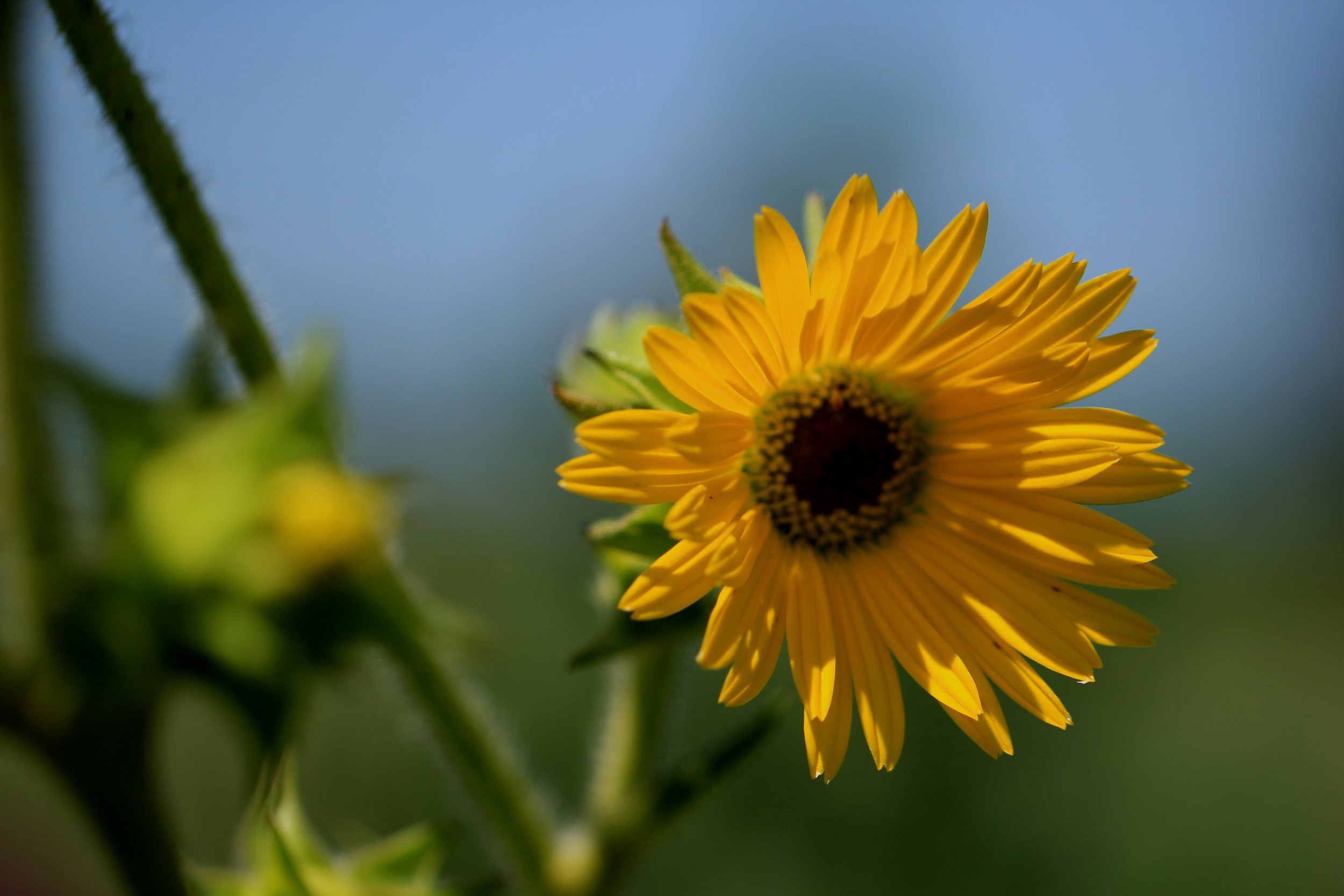
Interested in protecting your land with the Kansas Land Trust?
STRATEGIC CONSERVATION
National land trust census data shows that land trusts with conservation plans save more land than those without. As the Kansas Land Trust enters a new chapter, we are ready to take on the challenge of protecting more land. The KLT Strategic Conservation Plan is our compass that guides our future work.
Sharing Our Love for the Land
The Kansas Land Trust protects and preserves lands of ecological, agricultural, scenic, historic, or recreational significance in Kansas. We are dedicated to conserving both working lands and natural landscapes across the state of Kansas.
The Kansas Land Trust works with landowners, communities, and other conservation organizations to protect our natural heritage. To date, KLT has preserved more than 40,000 acres, across 81 properties in Kansas, with more than 1,300 of those acres being open to the public. Within those 40,000 acres, over 173 miles of riparian buffers are being protected along Kansas streams.
KLT is currently working on six conservation projects that will preserve prairie, woodlands, prime farmland, and protected streams.
PROTECTING PLACE
Through voluntary conservation agreements, or conservation easements, KLT works with landowners to develop legal agreements that protect important land forever. Conservation easements are unique to each landowner and their property. All conservation easements allow landowners to retain ownership of their protected land and remain in place when a landowner sells or hands down their land.
Our Conserved Properties
FAQs
-
KLT permanently protects Kansas lands of ecological or agricultural importance. We also protect Kansas lands of historic, scenic, and recreational merit.
We do this by crafting a customized conservation agreement for each landowner. Once the conservation agreement is in place, KLT works to ensure that the lands we are protecting stay protected— forever. KLT also works with other conservation organizations to preserve large, contiguous tracts of land.
-
The Kansas Land Trust is a conservation land trust. Conservation land trusts are private, nonprofit organizations that conserve land by holding conservation easements on land or by purchasing land outright.
-
KLT carefully examines each candidate property to ensure that the land being protected fits within the organization’s mission. The Kansas Land Trust works towards preserving the natural and cultural heritage of Kansas by protecting lands of significance. Land of conservation priority include; lands containing endangered, threatened, or rare species; wetlands, floodplains, and other lands necessary to protect water quality; prairies, woods, and other native communities; ecosystems of educational or scientific value; open space with public recreational benefits; parcels of land located nearby or within important wildlife or natural area corridors, or that buffer already protected areas; and lands of agricultural, forestry, hydrological, or geological significance.
If KLT’s conservation priorities are important to you, we can work together to achieve our common goals by preserving your land for the future. Contact KLT's Executive Director, Kaitlin Stanley, for more information about placing your land in a conservation easement.
-
Because KLT is a 501(c)(3) organization, your donations are deductible to the fullest extent of the law.
-
KLT was founded in 1990 by a group of community-minded citizens who understood the vital importance of saving our natural communities. We now have 32 years of experience in protecting and preserving lands.
-
Yes, KLT can accept gifts of goods and other assets in most circumstances. Please contact us for further information.
-
Although most of our conserved lands are private, some places are available to visit. See the map above to view our protected places. Properties with public access are tagged as such.
-
KLT’s has protected lands across Kansas and in certain areas of western Missouri. View the map above.
-
To date, KLT has preserved over 40,000 acres of important land and water resources—and we are conserving more beautiful land every year. Learn more about our impacts here. Help us meet our goal of preserving additional critical natural landscapes and the wildlife they protect by donating today.
-
In alignment with our mission to permanently protect high-conservation value lands from many types of development, KLT does not allow commercial or utility-scale energy development on its easements. KLT works to conserve land in perpetuity as one path towards mitigating the effects of climate change. The focus of KLT's mission - working with voluntary landowners to permanently protect Kansas lands that contain high conservation values - ensures that ecologically significant land in Kansas remains undisturbed and slows the effects of climate change by: storing carbon, which improves air quality; hosting native plants that prevent erosion, filter water, and support pollinators; providing important wildlife habitat that protects biodiversity.
-
The Kansas Land Trust does not take a political position on the location or construction of wind farms or other alternative energy development. However, KLT can play a crucial role in mitigating the impacts of this kind of development by protecting other tracts of high-quality prairie from wind farm development.
-
This statement is from the Land Trust Alliance, of which the Kansas Land Trust is a member:
"A major energy transformation is occurring in the United States and will accelerate in the years to come. Across the country, the federal government and many state governments are taking immediate and decisive action to transition to resilient, equitable and sustainable energy systems that ensure the future health of land, water, people and communities. The scale of renewable energy development necessary to meet our country’s energy demands, however, is considerable and will have a significant impact on the landscape. It is imperative that we strike a balance between this development and the protection of the lands and waters that provide clean air, clean water, food, habitat and special places we need to live, work and play...land trusts can position themselves as both protectors of priority lands, waters and habitat and as problem-solvers in helping meet renewable energy development needs."
Interested in joining the
Kansas Land Trust Board of Directors?
Apply here.







